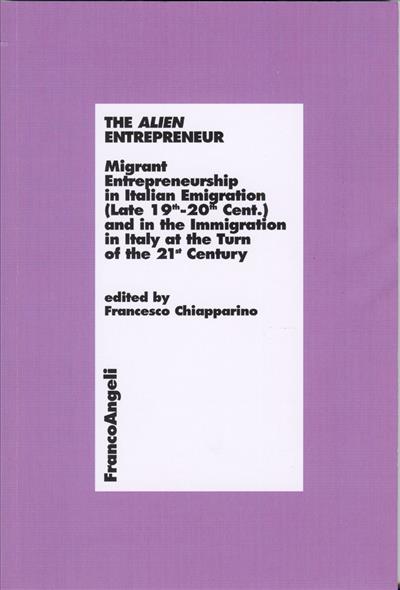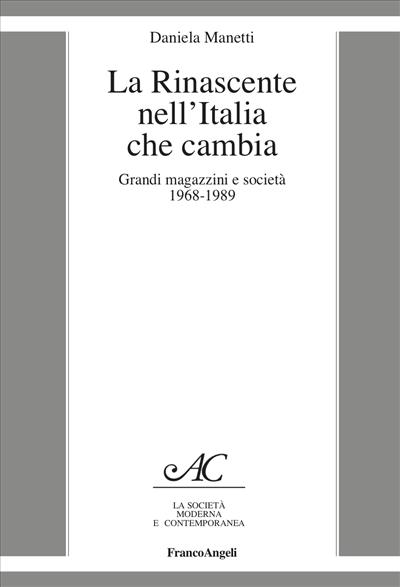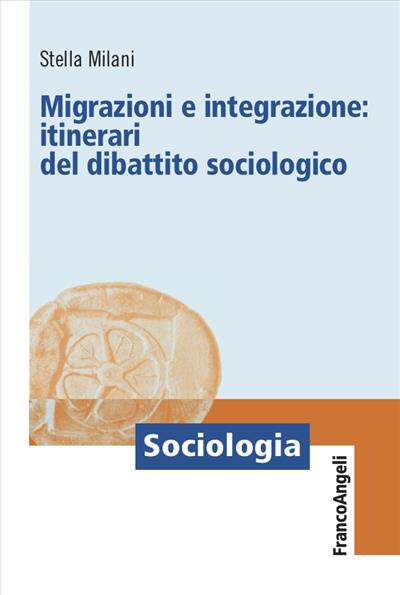
A cura di: Francesco Chiapparino
The Alien Entrepreneur.
Migrant Entrepreneurship in Italian Emigration (Late 19th-20th Cent.) and in the Immigration in Italy at the Turn of the 21st Century
The volume focuses on migrant entrepreneurship, a phenomenon which has strong ties with the societies of origin and profound interrelations within the social contexts of countries where migrants drop anchor. In particular it deals with Italian peninsula, that was one of the main countries of emigration on the European continent, but now is a destination for consistent flows of immigrants.
Pagine: 192
ISBN: 9788856837537
Edizione: 1a edizione 2011
Codice editore: 365.857
Disponibilità: Discreta
Pagine: 192
ISBN: 9788856864632
Edizione:1a edizione 2011
Codice editore: 365.857
Possibilità di stampa: No
Possibilità di copia: No
Possibilità di annotazione: No
Formato: PDF con DRM Readium LCP




